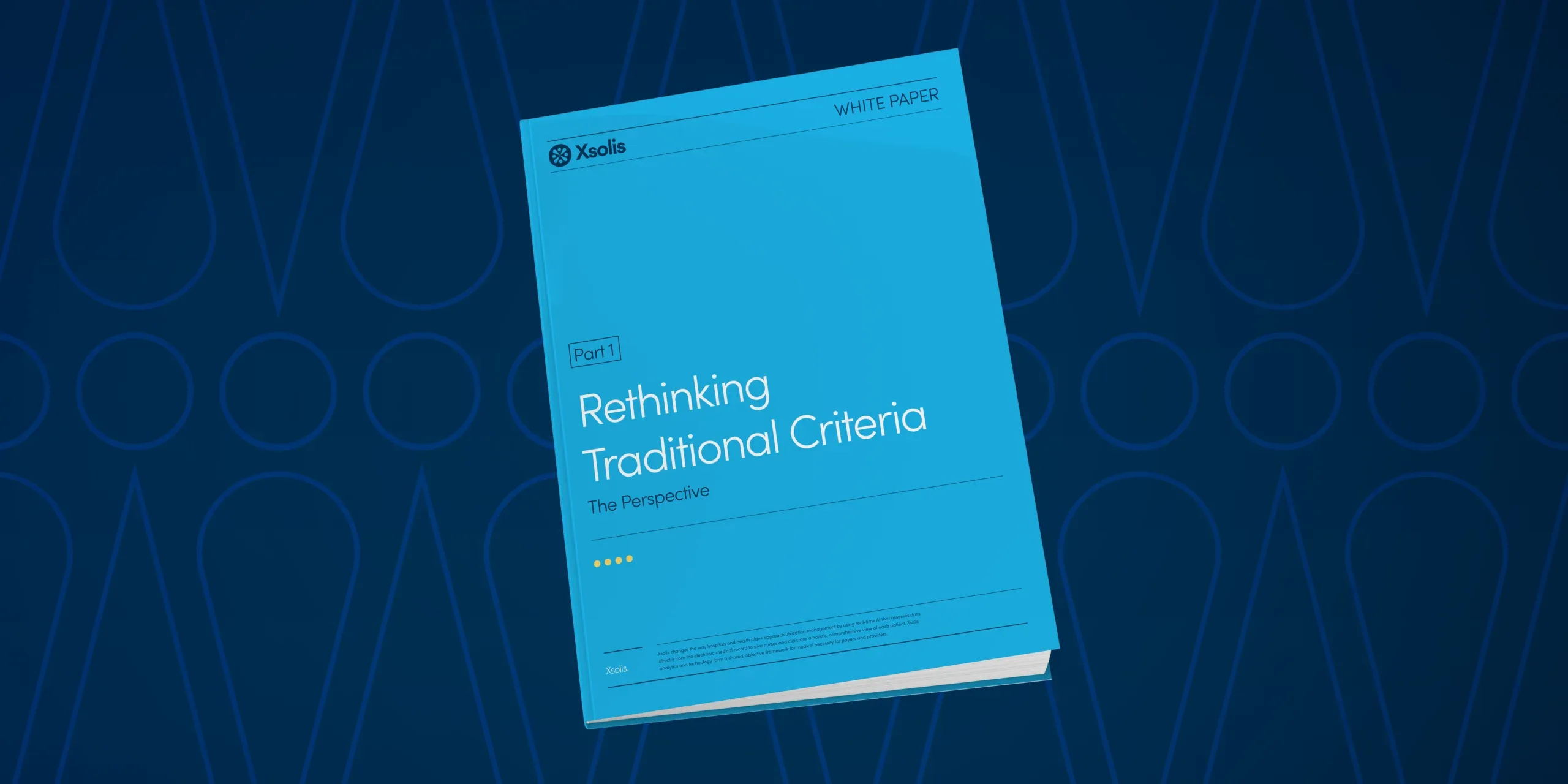The status determination of a patient is a crucial and far-reaching clinical decision with major financial repercussions. Hospitals and health plans are both motivated to get the patient in the appropriate status every time: for hospitals, the outcome is appropriate reimbursement without medical necessity denials and associated administrative burden. For health plans, the outcome is a reduced administrative burden and ensuring the member doesn’t get caught in an administrative battle.
Traditionally, status determinations have been made with the aid of two major screening criteria tools. If you have spent time in the utilization management (UM) space, chances are that you have used these tools. UM decisions can be subjective, controversial, and clinically challenging. What “meets” the screening criteria for one organization may not match the results of another. These tools have dampened the importance of the true, objective clinical merit of the case, instead being the battleground on which determinations are argued.
Traditional criteria have failed to deliver on several fronts…
Download the full whitepaper to read more.
